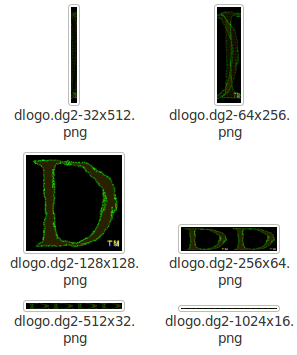A little birdie tipped me off to a publicly-accessible URL on the Helix community site (does anyone actually use Helix?) that contains a bunch of specifications for RealVideo 8 and 9. I have been sifting through the documents to see exactly what they contain as the different files seem to be higher revisions of the same documents. Here is the title, date, and version of each PDF document:
- RNDecoderPerformanceARM.pdf: Decoder Performance on StrongARM and XScale; May 12, 2003; Version 1.1
- rv89_decoder_summary.pdf: RealVideo 8/9 Combo Decoder Summary; October 23, 2002; Version 1.0
- rv9_dec_external_spec_v14.pdf: RealVideo 9 External Specification; November 7, 2003; Version 1.4
- rv8_dec_external_spec_v20.pdf: RealVideo 8 External Specification; September 19, 2002; Version 2.0
- RV8DecoderExternalSpecificationv201.pdf: RealVideo 8 External Specification; October 20, 2006; Version 2.01
- RV8DecoderExternalSpecificationv202.pdf: RealVideo 8 External Specification; April 23, 2007; Version 2.02
- RV8DecoderExternalSpecificationv203.pdf: RealVideo 8 External Specification; July 20, 2007; Version 2.03
- RV8DecoderExternalSpecificationv21.pdf: RealVideo 8 External Specification; September 11, 2007; Version 2.1
- RV9DecoderExternalSpecificationv15.pdf; RealVideo 9 External Specification; January 26, 2002; Version 1.5
- RV9DecoderExternalSpecificationv16.pdf; RealVideo 9 External Specification; August 17, 2005; Version 1.6
- RV9DecoderExternalSpecificationv18.pdf; RealVideo 9 External Specification; September 11, 2007; Version 1.8
Additionally, there is an Excel spreadsheet entitled realvideo-faq.xls that appears to contain some general tech support advice for using Real’s official code. There are also 3 ZIP archives which contain profiling information about the official source code (post processing and entropy decoding top the charts which is no big surprise).
I guess the latest version of each document (the ones dated September 11, 2007) are worth mirroring. Unfortunately, those latest document versions use a terrible font.

